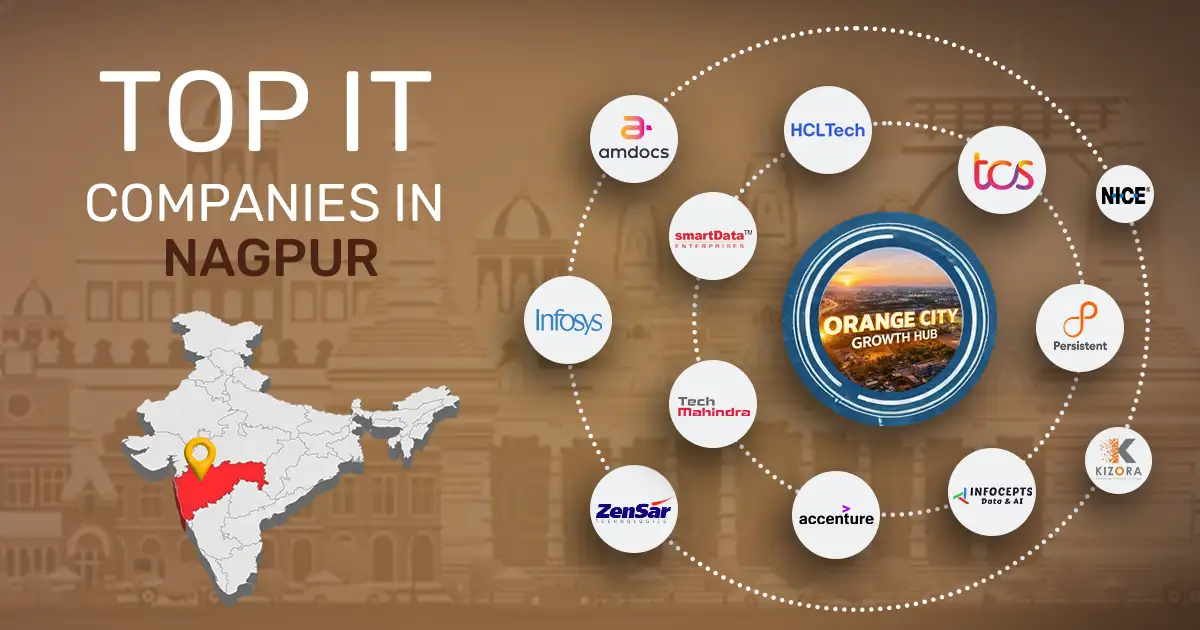
Introduction
Access to credit remains one of the largest hurdles for small businesses and startups, especially in the absence of robust risk management systems. Traditional lenders often hesitate to provide business loans to these entities due to concerns over repayment, particularly when there is insufficient collateral or a lack of credit history. This is where the Credit Guarantee Fund plays a critical role.
A Credit Guarantee Fund acts as a safety net, encouraging financial institutions to lend to businesses by covering a portion of the default risk. This becomes particularly beneficial for Micro, Small, and Medium Enterprises (MSMEs) that find it challenging to secure loans due to a lack of collateral or a credit history.
In this comprehensive guide, we’ll delve into how the Credit Guarantee Fund works, its benefits, risks, and the eligibility criteria for businesses looking to avail of this option. We will also explore government-backed schemes, such as the Credit Guarantee Fund Trust for Micro and Small Enterprises (CGTMSE), which specifically supports MSME funding.
What is a Credit Guarantee Fund?
A Credit Guarantee Fund is essentially a financial safety net that mitigates the risk for lenders offering unsecured business loans. In simpler terms, it is a risk mitigation tool that makes financial institutions more willing to extend credit to businesses without requiring collateral. Should a borrower default on their loan, it compensates the lender for a portion of the loss, easing the financial institution’s risk concerns.
This system is particularly advantageous for MSMEs and startups, which are often considered high-risk by traditional lenders due to their lack of assets or operating history. It encourages lenders to take on these risks by providing a cushion that ensures they are not entirely exposed to losses. This helps boost economic activity by improving access to credit for underserved sectors.
In India, CGTMSE is the most well-known Credit Guarantee Fund, managed by the Small Industries Development Bank of India (SIDBI) in association with the Government of India. This fund has been instrumental in promoting MSME funding, especially for small businesses and startups.
How Does the Credit Guarantee Fund Help Small Businesses?
It serves as a catalyst for small businesses by making it easier for them to secure funding. Here’s how:
- Collateral-Free Loans: MSMEs that lack the necessary collateral can access funding without the burden of pledging assets.
- Increased Loan Accessibility: Financial institutions are more inclined to provide loans to MSMEs and startups, knowing they have a safety net in case of default.
- Fostering Innovation: Small businesses can take risks and innovate without fearing that a lack of collateral will hinder their growth prospects.
- Job Creation: By facilitating easier access to credit, the Credit Guarantee Fund indirectly contributes to job creation and economic growth.
- Financial Inclusion: It allows MSMEs in rural and underserved areas to access much-needed credit, contributing to greater financial inclusion.
- Reduced Lender Risk: Banks and other financial institutions can lend with more confidence, knowing that the CGF will cover part of the default risk.
By minimizing the risk for lenders, It plays a vital role in supporting MSMEs, fostering entrepreneurship, and encouraging economic development.
Eligibility Criteria for Credit Guarantee Fund Schemes
To benefit from the Credit Guarantee Fund, businesses must meet specific eligibility criteria. Below are the primary factors that determine whether a business qualifies:
- Business Type: Typically, it is designed for MSMEs engaged in manufacturing, services, or trading activities. Some schemes may have restrictions based on the industry.
- Loan Amount: The amount covered under the Credit Guarantee Fund varies depending on the scheme. For instance, under CGTMSE, the guarantee can cover business loans up to ₹2 crore.
- Collateral-Free Loans: Businesses applying under the scheme must not provide collateral or third-party guarantees.
- Nature of Business: Certain businesses, like those in agriculture or real estate, may be excluded from some schemes.
- Financial Health: Businesses need to have a viable financial track record and the ability to repay the loan. Lenders will assess the business’s financial standing and repayment history before approval.
Understanding and meeting these criteria can significantly increase a business’s chances of securing funding under the Credit Guarantee Fund.
How to Apply for Credit Guarantee Loans?
If your business meets the eligibility requirements for the Credit Guarantee Fund, you can proceed with the application process. Below are the key steps involved:
Step 1: Identify a Lender
To start, approach a bank, Non-Banking Financial Company (NBFC), or any financial institution registered under the CGF scheme. In India, over 100 institutions, including public and private sector banks, are part of the CGTMSE.
Step 2: Submit a Loan Application
Prepare a comprehensive loan application. This typically includes:
- A well-structured business plan
- Financial statements and tax records
- A clear loan repayment strategy
Step 3: Loan Processing and Evaluation
Once the application is submitted, the lender will evaluate it based on the business’s viability, creditworthiness, and the ability to repay. The approval process includes a detailed review of the business’s financial health.
Step 4: Credit Guarantee Approval
Upon approval of the loan, the lender applies for coverage under the Credit Guarantee Fund. If approved, the fund will guarantee a portion of the loan (typically 50-75%).
Step 5: Loan Disbursement
Once all approvals are completed, the loan amount is disbursed to the business. The funds can be used for expansion, operational costs, or other growth-related activities.
Benefits and Risks of the Credit Guarantee Fund for Businesses
Key Benefits:
- Easy Access to Loans: Businesses can access credit without the need for traditional collateral.
- Lower Interest Rates: With reduced risk for the lender, businesses may receive loans at more competitive interest rates.
- Boosts Business Growth: The availability of loans facilitates expansion, hiring, and innovation.
- Increased Financial Inclusion: Helps businesses in underserved areas gain better access to funding.
- Security for Lenders: Lenders are more likely to extend credit due to the coverage offered by the CGF.
Associated Risks:
- Partial Coverage: Is typically covers only a percentage (50-75%) of the loan amount, leaving the business responsible for the remaining risk.
- Eligibility Challenges: Not all businesses or sectors qualify for the scheme.
- Repayment Responsibility: While the Credit Guarantee Fund reduces the lender’s risk, the borrower remains responsible for repaying the full loan amount.
- Approval Process Delays: Some businesses may face delays due to the strict eligibility criteria and approval process.
While it resents substantial advantages, businesses must carefully evaluate the financial implications before applying.
Government-Backed Credit Guarantee Schemes in India
India offers several Credit Guarantee Fund schemes aimed at supporting MSMEs and startups. Here are some key schemes:
- Credit Guarantee Fund Trust for Micro and Small Enterprises (CGTMSE)
- Coverage for loans up to ₹2 crore
- Available for MSMEs in manufacturing, services, and trading
- Managed by SIDBI and the Government of India
- Credit Guarantee Fund for Startups (CGFSI)
- Designed specifically for startups
- Offers credit enhancement for loans
- Encourages early-stage funding
- Credit Guarantee Scheme for Stand-Up India
- Focuses on women entrepreneurs and SC/ST businesses
- Covers loans between ₹10 lakh and ₹1 crore
- Supports businesses in greenfield enterprises
Conclusion
The Credit Guarantee Fund is a powerful tool that helps small businesses and startups access much-needed capital without the burden of collateral. By reducing the risk for lenders, it fosters economic growth, job creation, and innovation within the MSME sector. Government-backed schemes such as CGTMSE and others play an instrumental role in boosting financial inclusion and supporting entrepreneurship.
Before applying for a Credit Guarantee Fund loan, businesses should ensure they meet the eligibility criteria, understand the associated risks, and evaluate their financial capabilities. At RegisterKaro, we offer expert assistance to guide you through the application process and ensure that your business can secure the funding it needs for growth and success.
Frequently Asked Questions
A: The coverage limit varies by scheme. Under CGTMSE, business loans up to ₹2 crore are covered.




